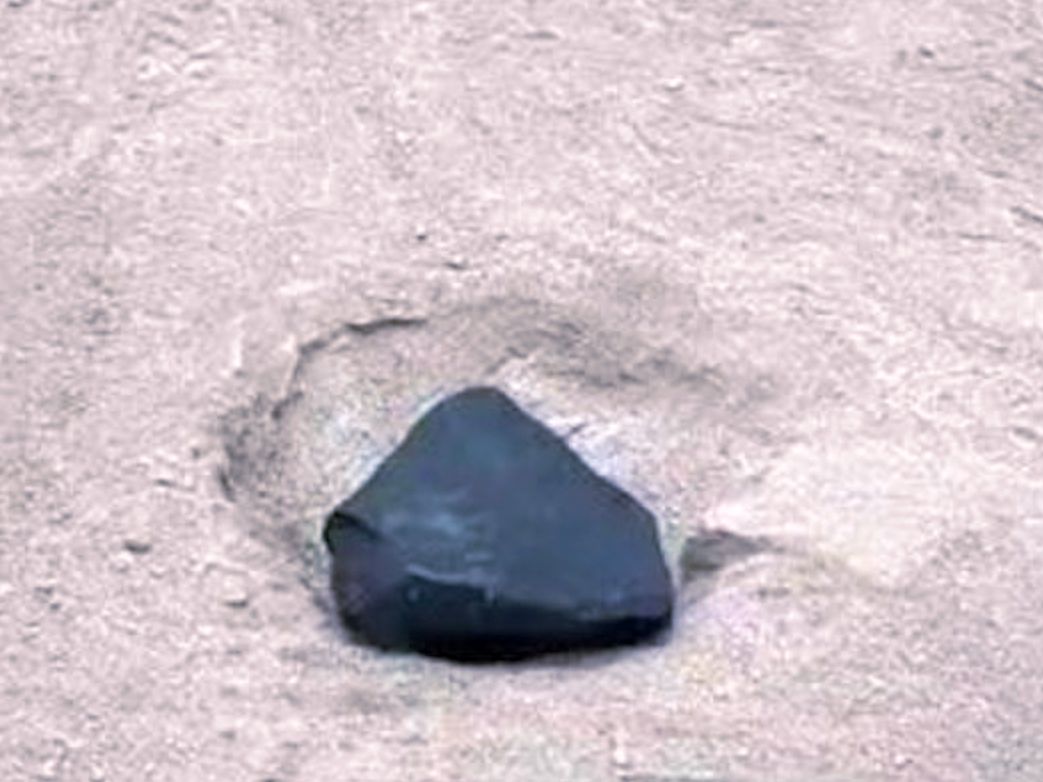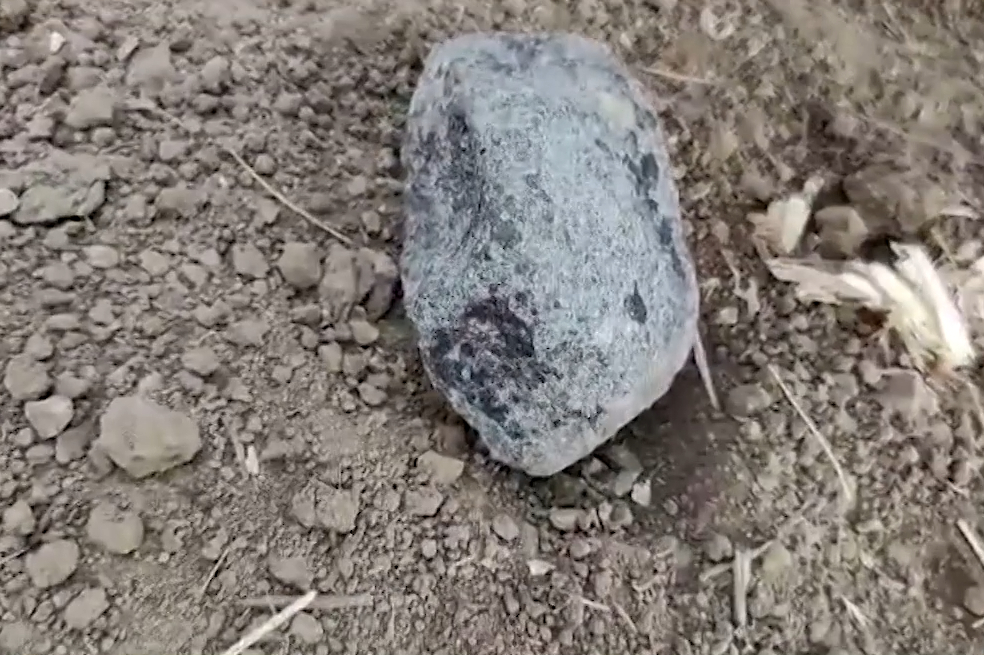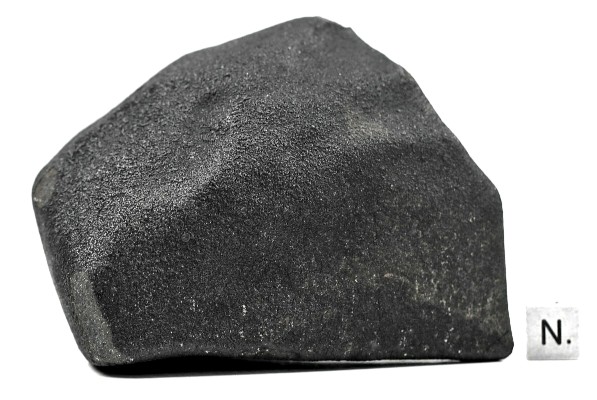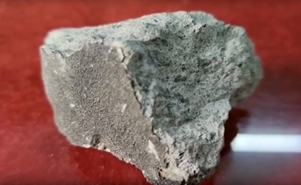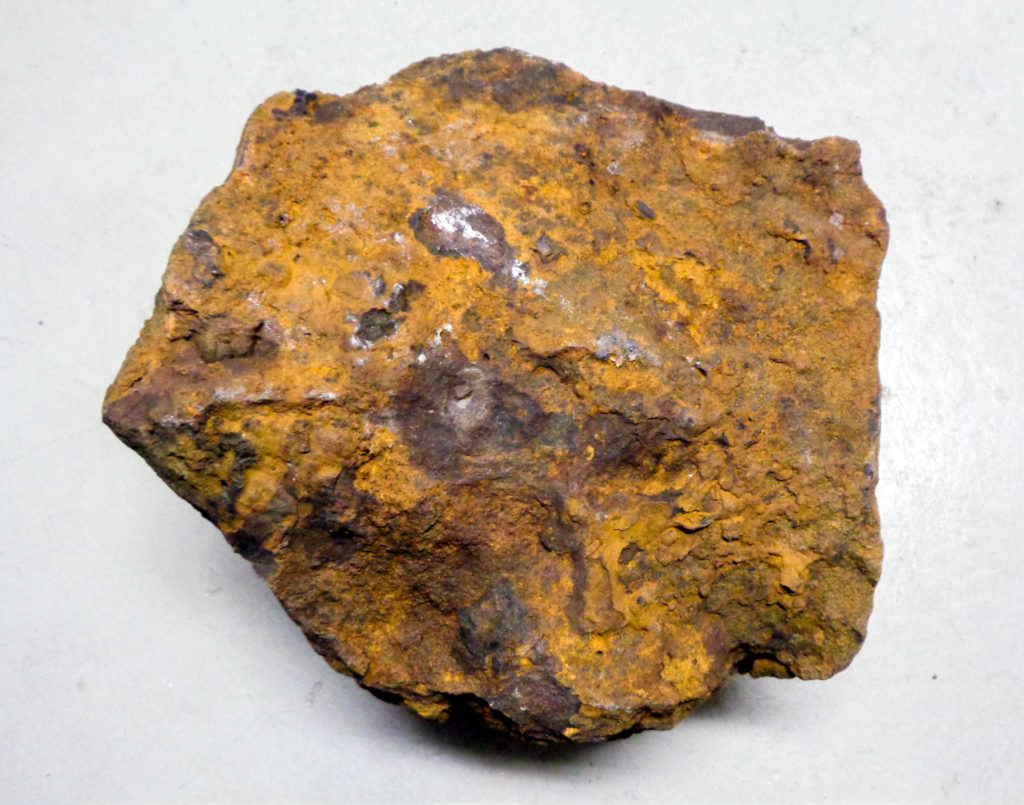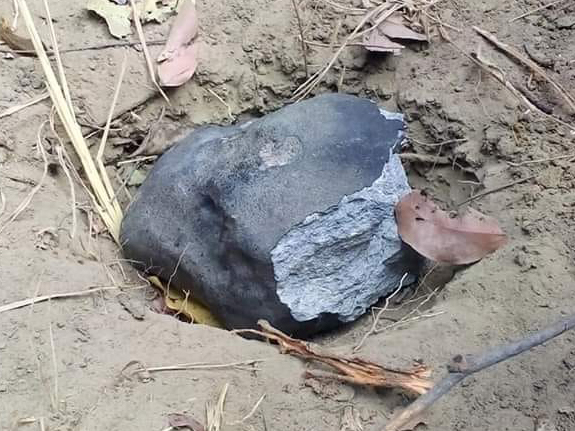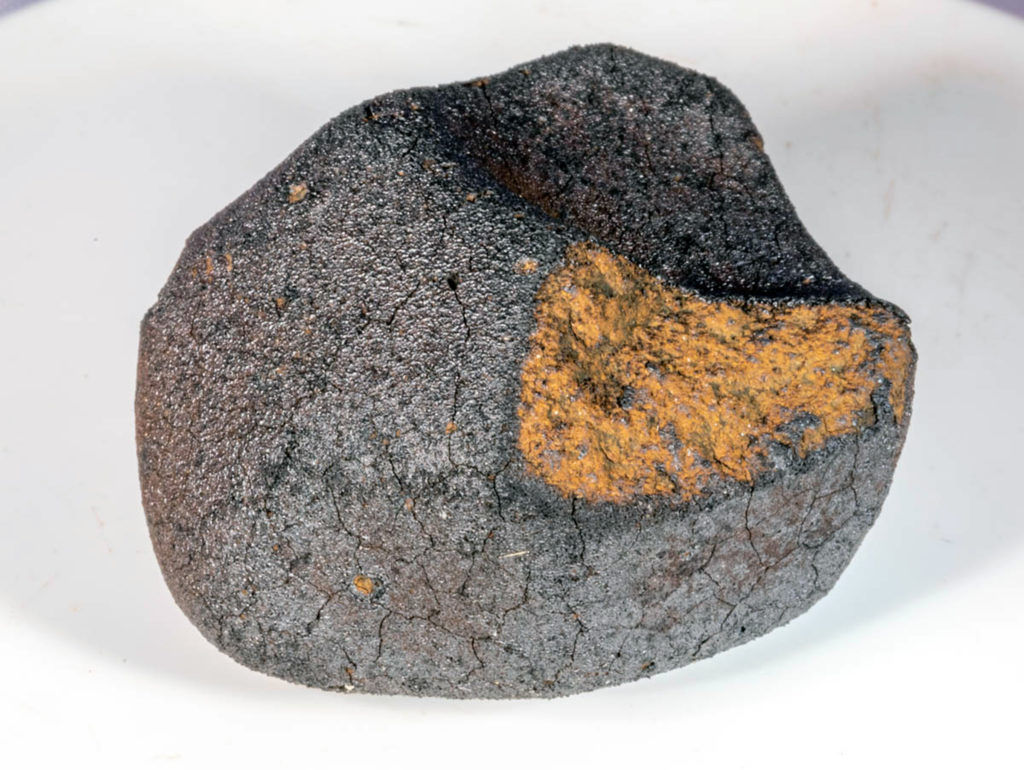Nucleosynthetic Sr–Nd Isotope Correlations in Chondrites: Evidence for Nebular Thermal Processing and Dust Transportation in the Early Solar System
Ryota Fukai, Tetsuya Yokoyama
The Astrophysical Journal, Volume 879, Number 2
“We conducted high-precision Sr and Nd isotopic measurements in bulk chondrites using a complete sample digestion technique. Our new data indicate that enstatite and ordinary chondrites possess uniform and small, but resolvable, Sr and Nd isotopic deviations from terrestrial rocks. In contrast, the Sr isotope ratios varied across different classes of carbonaceous chondrites (CM, CO, and CV). The deviation of data from the s-process mixing line in Sr–Nd isotopic space likely resulted from the incorporation of calcium-aluminum-rich inclusions (CAIs) into carbonaceous chondrite parent bodies. Planetary-scale Sr and Nd isotopic heterogeneities among terrestrial rocks, enstatite, ordinary chondrites, and CAI-subtracted carbonaceous chondrites suggest a heterogeneous distribution of s-process-enriched materials in the early solar system, probably caused by nebular thermal processing. The observed Sr and Nd isotopic variation across the CAI-subtracted carbonaceous chondrites cannot be explained solely by nebular thermal processing, but is likely attributable to s-process-depleted silicate grains that repeatedly circulated among the early solar system. These grains were transferred and incorporated at varying degrees into the formation region of the parent bodies of individual carbonaceous chondrites.”

